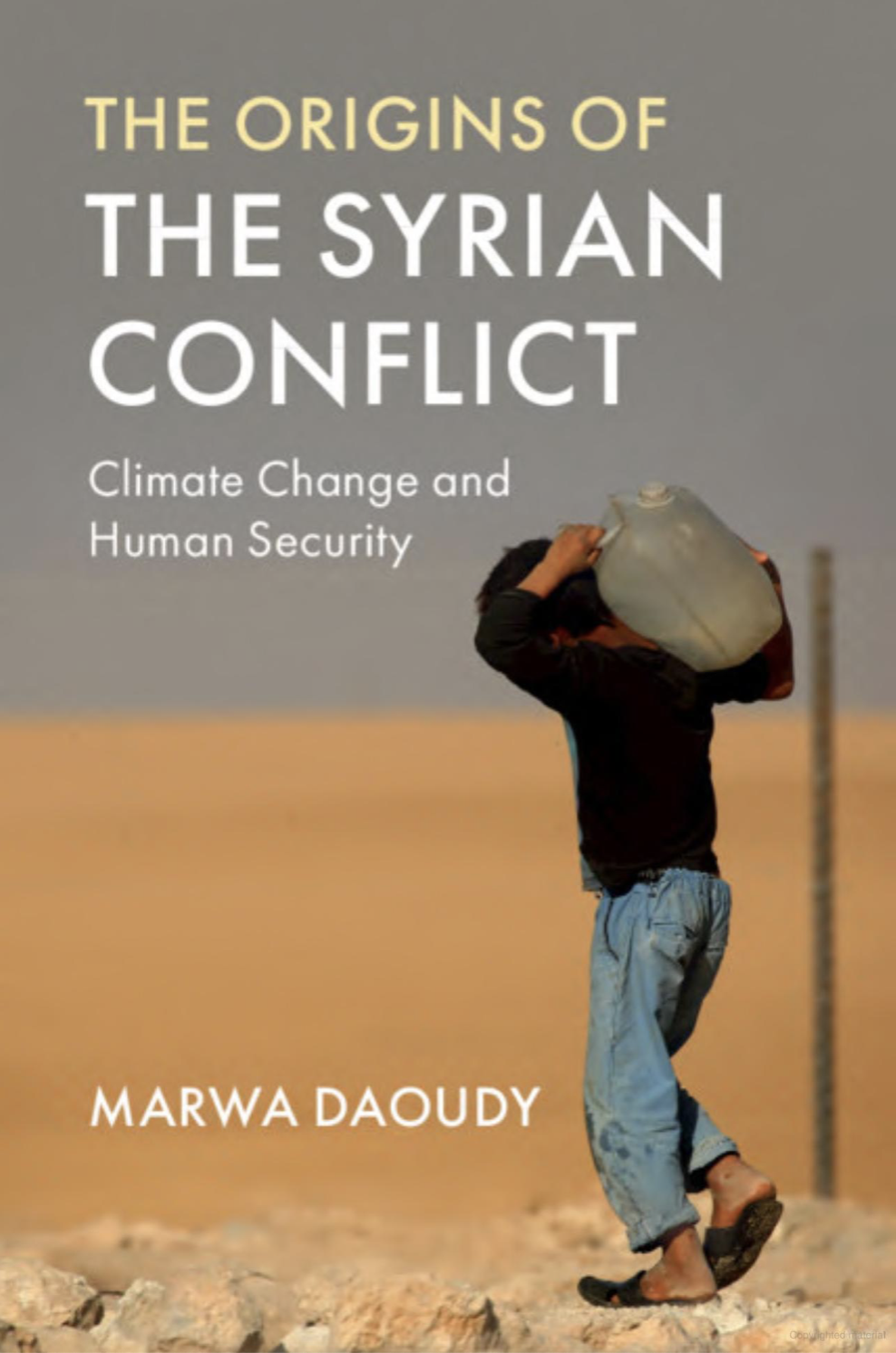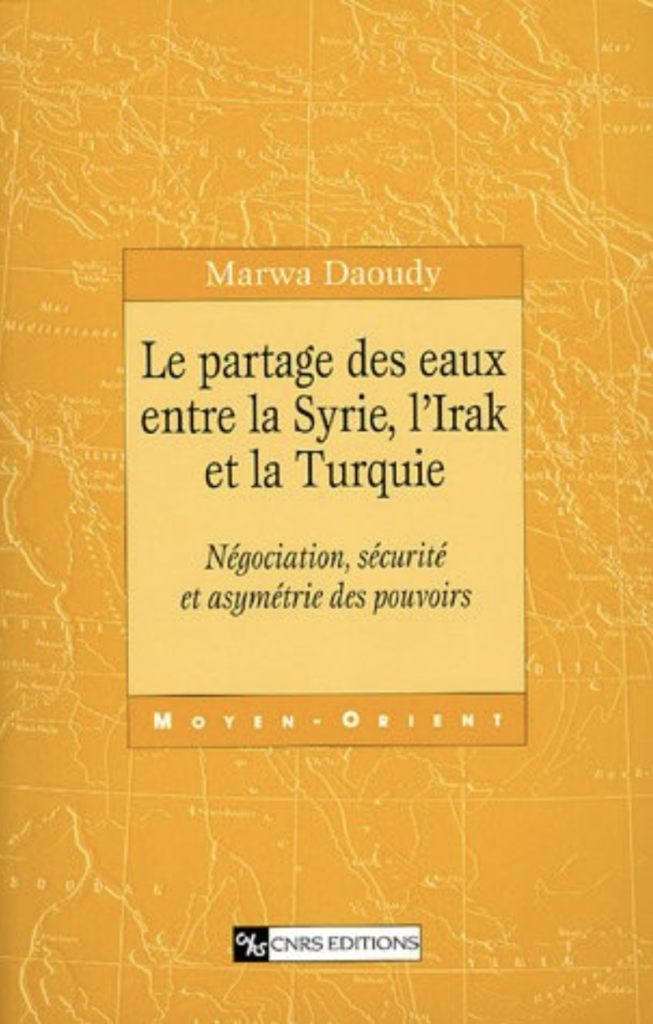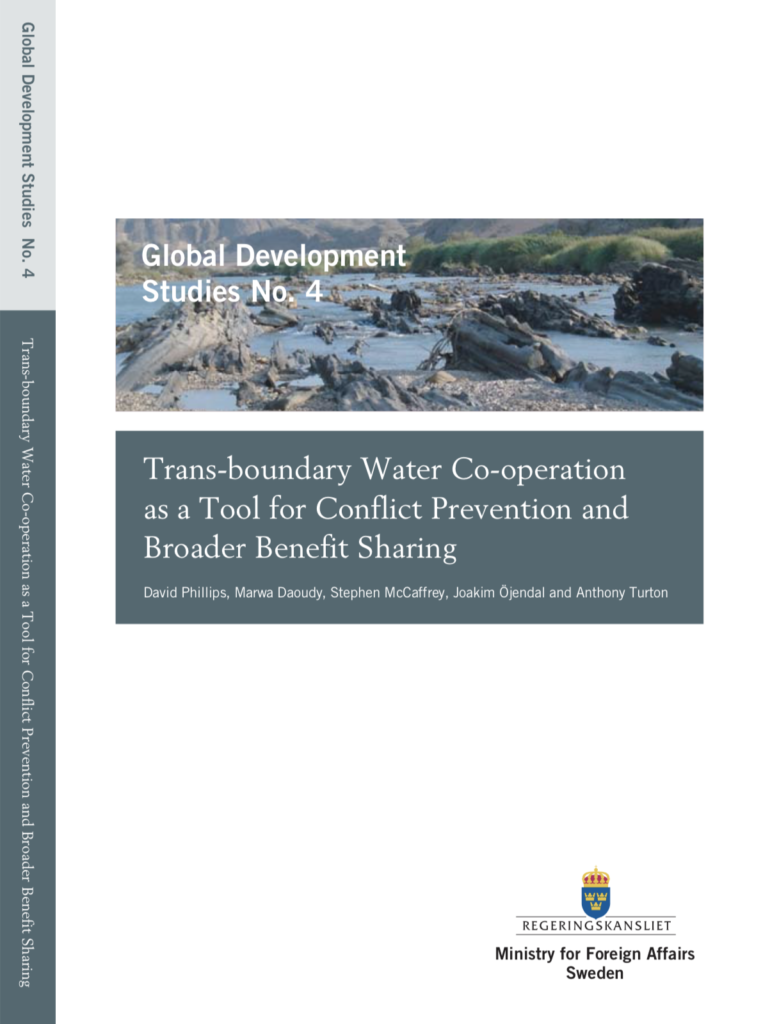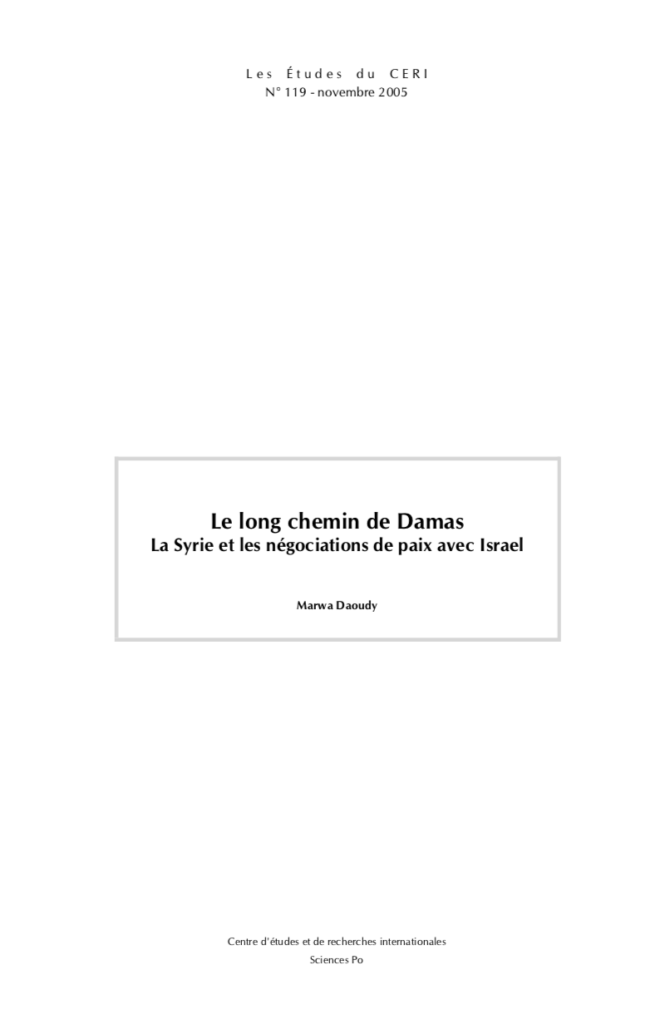The Origins of the Syrian Conflict: Climate Change and Human Security, Cambridge University Press 2020
2020 Harold and Margaret Sprout Award
Does climate change cause conflict? Did it cause the Syrian uprising? Some policymakers and academics have made this claim, but is it true? This study presents a new conceptual framework to evaluate this claim. Contributing to scholarship in the fields of critical security, environmental security, human security, and Arab politics, Marwa Daoudy prioritizes non-Western and marginalized perspectives to make sense of Syria’s place in this international debate. Designing an innovative multidisciplinary framework and applying it to the Syrian case, Daoudy uses extensive field research and her own personal background as a Syrian scholar to present primary interviews with Syrian government officials and citizens, as well as the research of domestic Syrian experts, to provide a unique insight into Syria’s environmental, economic and social vulnerabilities leading up to the 2011 uprising.
Reviewed by Jeannie Sowers in Global Environmental Politics and Neda Zawahri in Review of Middle East Studies

Le partage des eaux entre la Syrie, la Turquie et l’Irak: négociation, sécurité et asymétrie des pouvoirs, CNRS-Editions, 2005
The Water Divide between Syria, Turkey, and Iraq: Negotiation, Security, and Asymmetry of Power
2005 Ernest Lémonon Book Prize
My book analyzes the question of “water wars” by introducing a novel framework that challenges dominant assumptions about the inevitability of conflict over water. In doing so, it assesses the role played by water in the power dynamics of three key actors, Syria, Iraq and Turkey, over the shared waters of the Euphrates and Tigris. My analysis outlines the negotiation strategies of Syria and Iraq, downstream riparian states, vis-à-vis their powerful upstream neighbor, Turkey. This research is both conceptual and empirical. It combines negotiation and power theory to design a new theoretical framework outlining the different forms of power and the strategies deployed by each actor, and establishes a historical, political and legal analysis, while tackling the role of water in development economics.

Transboundary Water Cooperation as a Tool for Conflict Prevention and Broader Benefit-Sharing, Swedish Ministry for Foreign Affairs, 2006
I co-authored this book with David Phillips, Stephen McCaffrey, Joakim Öjendal and Anthony Turton. Our book contributed to academic debates and policy-making by quantifying the potential security, economic, and environment-related benefits of sharing international river basins and identifying these in the cases of the Jordan, Kagera, and Mekong river basins. I wrote the conceptual discussion and the empirical sections on the Jordan basin and contributed to designing the model.

Le long chemin de Damas, la Syrie et les négociations de paix avec Israël, Les Etudes du Centre d’Etudes et de Recherche Internationale (CERI). Paris: Sciences Po-CNRS, Etude No. 119.
I reflected on the role played by water-sharing in international peace negotiations, and more specifically the Israel-Syria peace negotiations. I carried out new field research in Syria and was able to interview key policy-makers involved in these negotiations. My study on The Long Road to Damascus: Syria and the Peace Negotiations with Israel (2005) (See: https://www.sciencespo.fr/ceri/sites/sciencespo.fr.ceri/files/etude119.pdf) was published with CNRS’ leading research center, the Centre d’Etudes et de Recherches Internationales (CERI).

